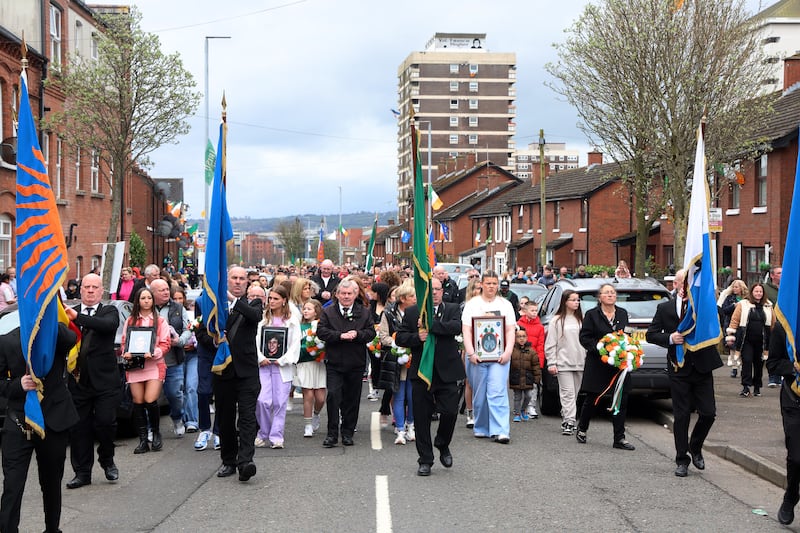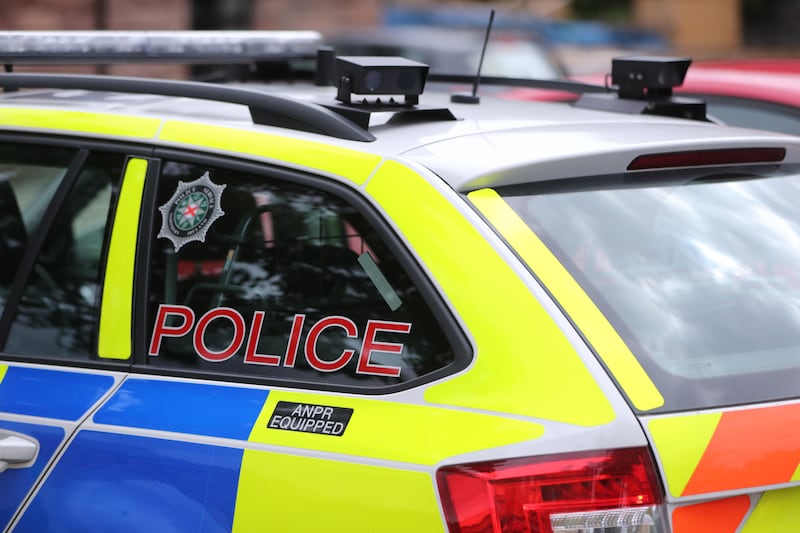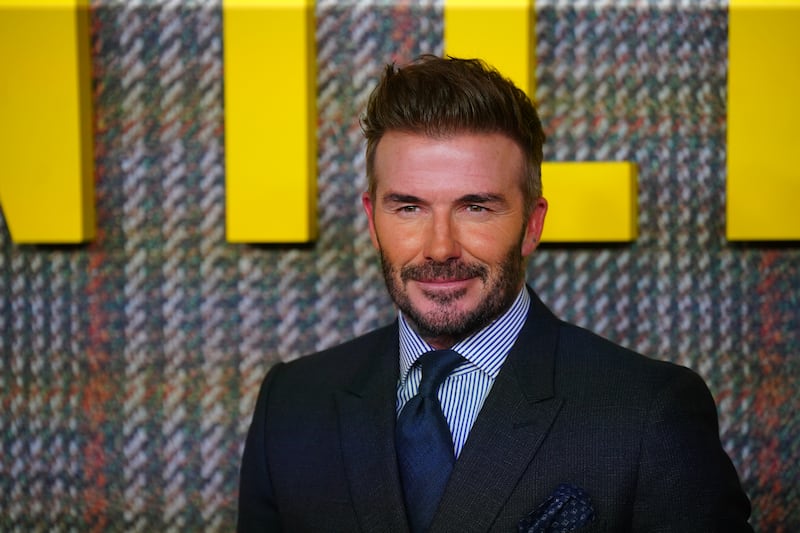Worshippers including President Vladimir Putin packed Moscow’s landmark Christ the Saviour Cathedral for a night-time Easter service led by Patriarch Kirill, head of the Russian Orthodox Church and an outspoken supporter of the Kremlin.
The traditional sung service began late on Saturday, with Mr Kirill delivering well-wishes to Orthodox believers which were broadcast on Russian TV.
A procession of white-robed clergy circled the vast cathedral, rebuilt in post-Soviet times and widely seen as symbolic of Russia’s rejection of its atheist past, as they swung smoking incense censers and chanted the liturgy.
Most Western churches observed Easter on March 31, but the Russian Orthodox Church follows a different calendar.

In his Easter address, Mr Kirill wished for “God’s blessing over Russia”, its people and all countries where the church has a presence.
In a written message published earlier on Saturday on the church’s website, Mr Kirill noted that “awareness of God’s love … gives us strength to overcome the most difficult mental states and difficult circumstances, elevates us above the bustle of everyday life, helps correct previous mistakes and destroys despondency”.
The patriarch this year appeared to steer clear from political pronouncements, unlike last April when he lamented “grave events taking place on our Russian historical land”, referencing Moscow’s military actions in Ukraine and reinforcing the Kremlin’s narrative that Ukrainian statehood is essentially a fiction.
The service, featuring a mixed-voice choir and standing worshippers holding thin red candles, was set to extend well into Sunday.
Putin was shown among the worshippers, standing next to Moscow mayor Sergei Sobyanin as the two joined in the traditional Easter greetings. The Russian leader was later seen exchanging festive gifts with Mr Kirill.
Earlier on Saturday, Orthodox Russians headed to churches to have baskets of festive foods, including hand-painted eggs and traditional Easter cakes, blessed by a priest.
Mr Putin has been eager to portray himself as defending “traditional values” espoused by the Russian Orthodox Church in the face of what he repeatedly casts as the West’s “degrading” influence.
The country has increasingly taken a conservative turn, with attempts to restrict abortion and broad bans against LGBT activism and gender transitioning that have met with the church’s support.









